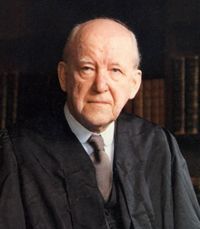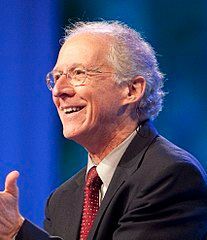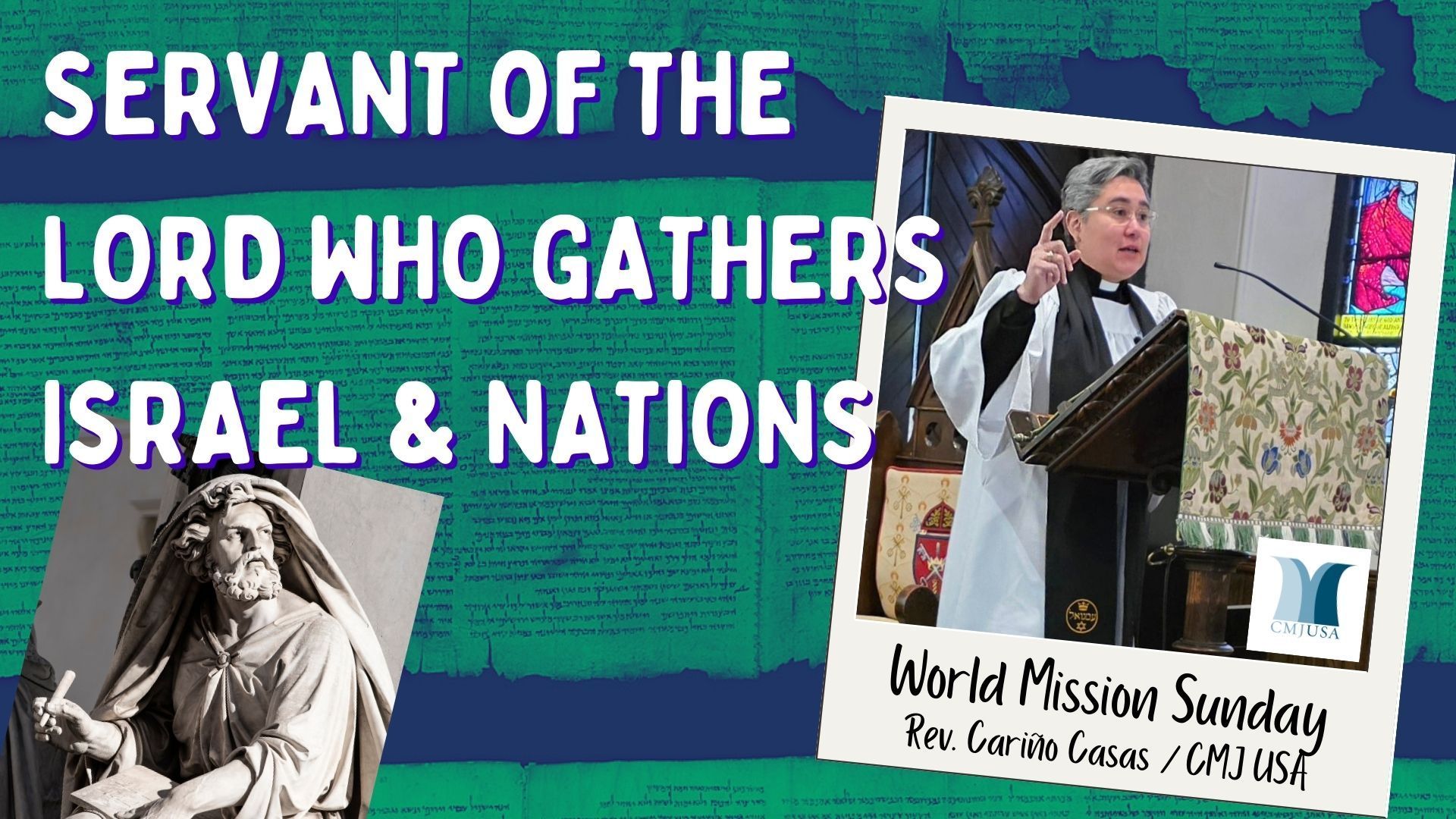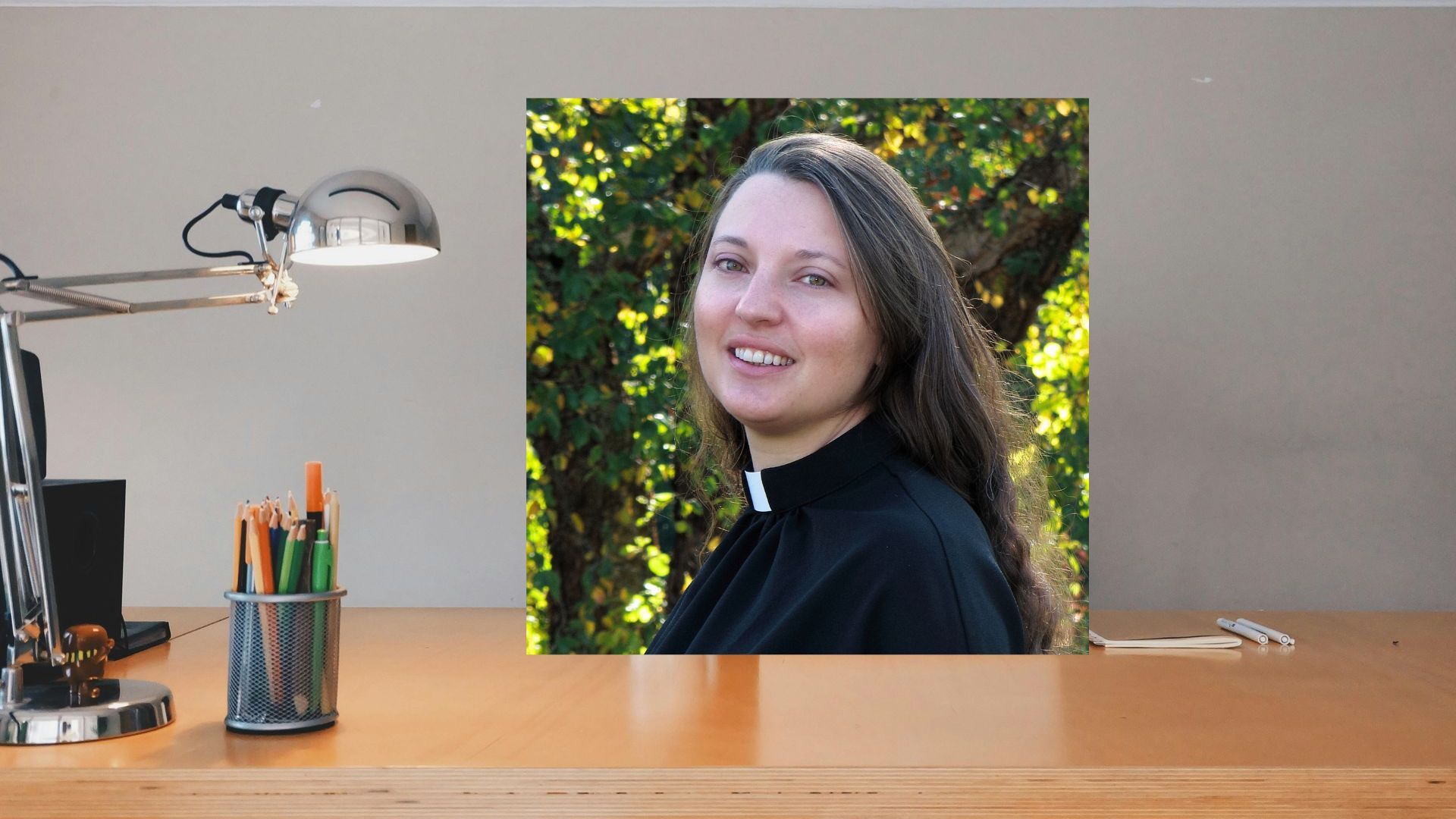“I wonder whether it has ever occurred to us that we ought to be considering the question of fasting. The fact is, is it not, that this whole subject seems to have fallen right out of our lives, right out of our whole Christian thinking.” Dr. Martyn Lloyd-Jones gave up a short but promising career as a London physician to become a pastor of a small mission in Wales. “I gave up nothing. I received everything.”
Why do we fast?
CMJ USA • February 25, 2020
The season of Lent, the forty days before Easter, begins on Ash Wednesday. Traditionally it is a time of fasting, repentance, and reflection in preparation for remembering the passion, death, and resurrection of Jesus. (Traditionally, for both Jews and Christians, one does not fast on the Sabbath.)
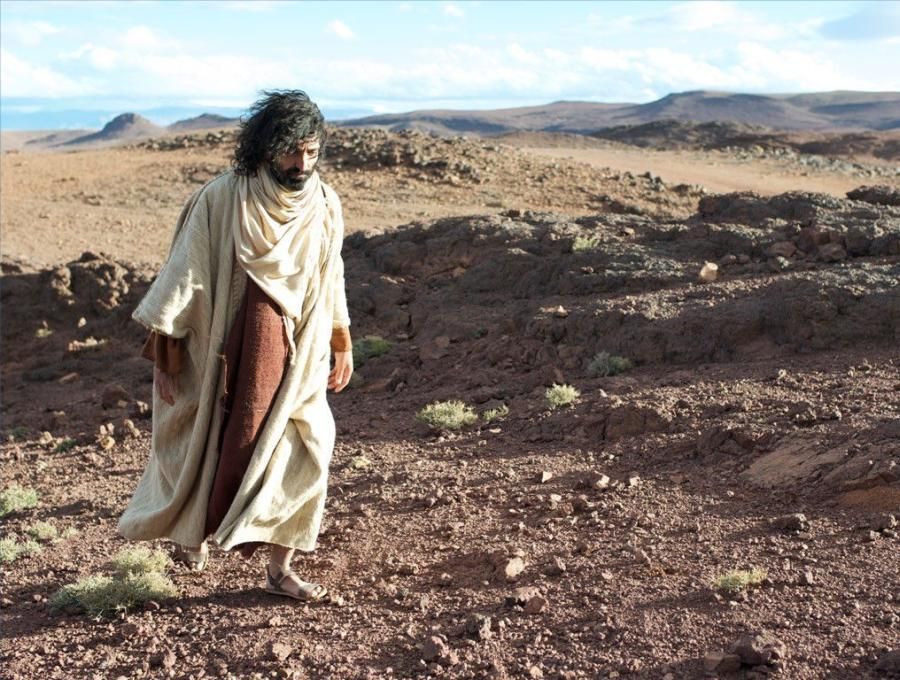
Here are some encouraging comments/quotations about fasting as we get ready for the traditional time of Lent and the soon celebration of Jesus’ resurrection Life! May He guide us in how to draw closer to Him during this season.
Image credits: Jesus in the wilderness from The Lumo Project via FreeBibleImages.org. Dr. Martyn Lloyd-Jones via OnePlace.com. Gerald May by Gregory May via HarperCollins. John Piper via Wikimedia Commons. Dallas Willard via dwillard.org. Marjorie J. Thompson via Upper Room Books.New Paragraph
Blessed by this post? Ready to sow into the work of CMJ? No gift is too small. we are blessed by your partnership.

